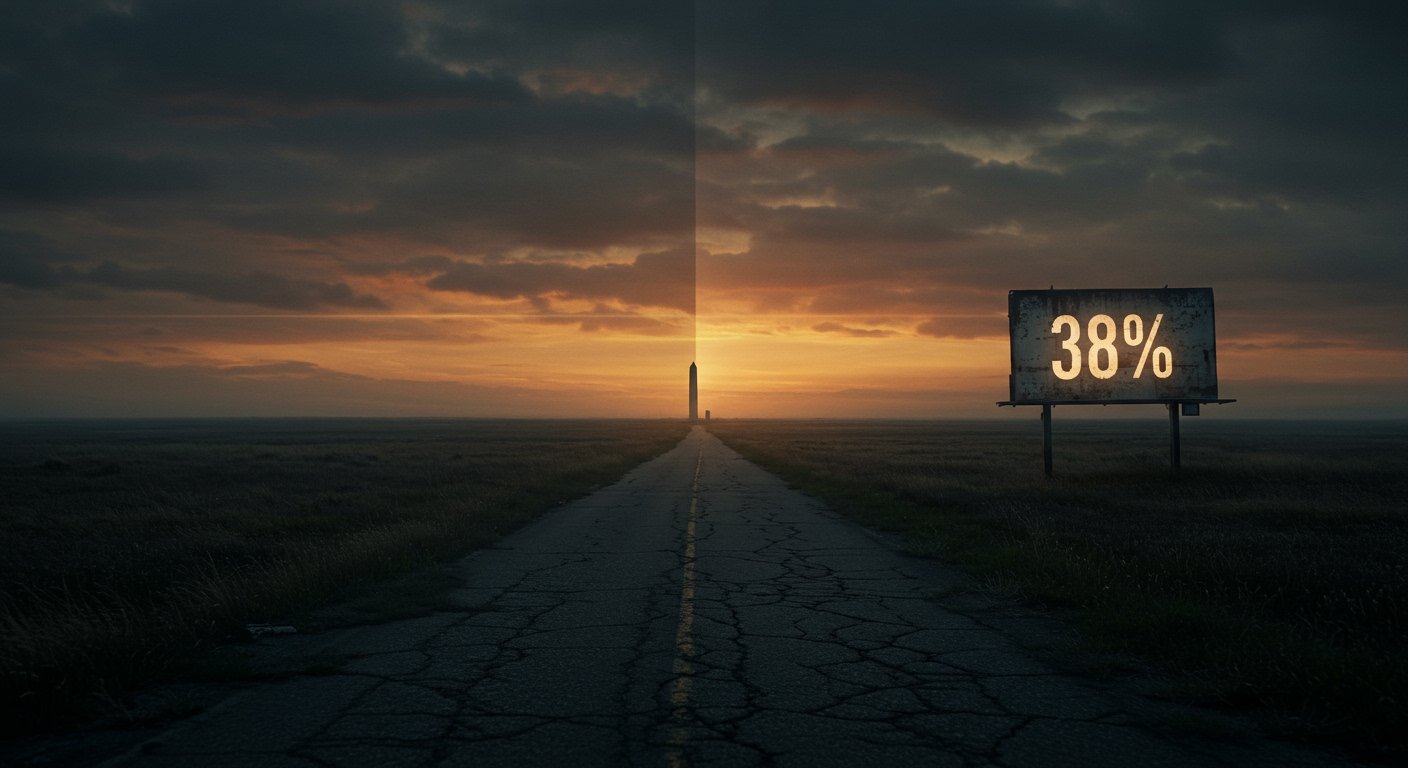Political analyst and former New York Times columnist Charles M. Blow has articulated a stark assessment of the current socio-political landscape in the United States, particularly since President Trump re-took office. Blow contends that the nation is experiencing a discernible “demotion” of principles foundational to diversity and inclusion, specifically citing a regression in the pursuit of pluralism and racial justice.
In his analysis, Blow highlights concerted efforts, which he attributes to the Trump administration, aimed at dismantling diversity, equity, and inclusion (DEI) initiatives. These efforts, according to Blow, are not confined solely to government institutions but extend into various other sectors of society, marking what he describes as a “sad new reality” for America.
The Erosion of DEI and Racial Justice
Blow’s central thesis posits that the political environment cultivated since President Trump’s return to prominence has actively sought to roll back progress made in embedding diversity, equity, and inclusion into American institutions and public life. DEI initiatives, typically encompassing programs and policies designed to promote fair representation, address systemic inequalities, and foster inclusive environments, are now, in Blow’s view, under direct assault.
This perceived dismantling represents a significant shift, suggesting a reduced governmental and societal emphasis on addressing historical injustices and ensuring equitable opportunities for all citizens, particularly those from marginalized communities. Blow frames this not merely as a policy debate but as a fundamental challenge to the nation’s commitment to its stated ideals of equality.
Culture Wars and the Targeting of History
According to Blow, the current climate of intense political polarization, often characterized as America’s ongoing “culture wars,” plays a critical role in this regression. These cultural conflicts, encompassing debates over identity, values, and history, have, in Blow’s observation, specifically targeted symbols and commemorations central to minority experiences.
He points specifically to Juneteenth as an example. Celebrated on June 19th, Juneteenth commemorates the emancipation of enslaved African Americans. It holds particular significance as the day in 1865 when Union soldiers arrived in Galveston, Texas, to announce freedom for enslaved people, more than two years after the Emancipation Proclamation was issued. Blow underscores the irony and concern that this holiday, which only recently became the nation’s youngest national holiday, is now finding itself at the center of these divisive cultural debates.
Blow’s assertion is that the targeting of Juneteenth is symptomatic of a broader attempt to either diminish the importance of or outright erase elements of Black history from the national narrative. This forms part of the larger “culture wars” strategy, which he believes seeks to control how American history, particularly its difficult aspects concerning race and slavery, is taught, understood, and commemorated.
Implications of a “Sad New Reality”
The “sad new reality” Blow describes carries profound implications for the future of racial justice and pluralism in the United States. A retreat from DEI initiatives can lead to decreased representation, persistent systemic barriers, and a less inclusive society. Furthermore, the targeting of historical events like Juneteenth can impede a full and honest reckoning with the nation’s past, hindering efforts towards reconciliation and understanding.
Blow’s analysis suggests that the political focus has shifted away from advancing equity and toward reinforcing traditional power structures and narratives, often at the expense of marginalized groups. This redirection of priorities, he argues, risks exacerbating social divisions and undermining the progress that has been made in making America a more diverse and equitable nation.
Conclusion
Charles M. Blow’s perspective serves as a cautionary assessment of the current political trajectory under President Trump’s influence. His concerns about the demotion of racial justice, the erosion of DEI initiatives, and the targeting of significant historical commemorations like Juneteenth highlight what he views as a troubling phase in America’s ongoing struggle with its identity and its commitment to diversity and inclusion. As the “culture wars” continue to shape public discourse, Blow’s analysis underscores the potential long-term consequences for pluralism and the understanding of Black history in the United States.











